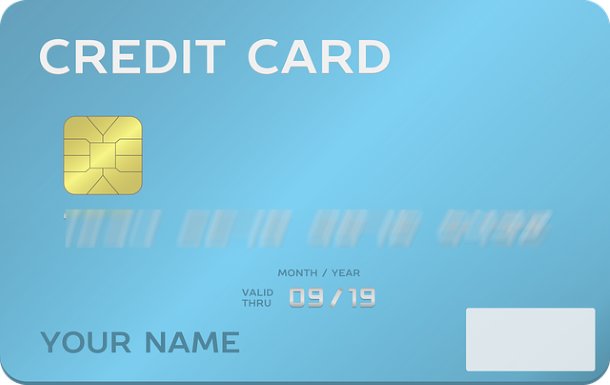Everyone makes use of social media sites these days. We are wired to love networking with other people, after all. And today, researchers state that over 70% of human communication is done online.
It’s a good thing, because social media sites allow us to have access to opportunities that would be otherwise out of our reach. But being online, and especially having an active presence on social media sites, can pose quite a few security risks. Read this guide to learn how to stay safe and avoid being scammed online.
- Use strong passwords
Begin by choosing a strong password for your social media account. Resist the temptation to use the same password for all your social media channels. There are several guides that teach you how to create strong, and yet easy to remember passwords – this one, for example. No matter what you do, make sure that your password has at least 10…12 characters and includes special symbols as well.

Don’t ever use your bank account or shopping accounts passwords for Twitter or Facebook. Don’t give hackers easy access to your hard-earned money.
- Don’t befriend strangers
I know, it is very tempting to accept friend requests from people you’ve never met. Maybe they’ve got an attractive profile picture, or maybe they look like the kinds of persons you’d have a lot to learn from or be entertained by.
But everything changes the moment you realize that these new virtual friends may be sexual predators, for example. Many evil people hide behind a nice-looking profile picture, so try to use social media sites for what they’re supposed to be: virtual communities, where you can interact with friends whenever you have a few minutes of free time at your disposal.
- Don’t give away personal information
It is quite tempting to brag about your newly acquired driver’s license, isn’t it? And why not post a picture of it on Facebook, to show everyone that you are now entitled to drive a car?
As tempting as this may be, it is crucial to understand that some of your virtual friends may be interested in stealing your money, your possessions, and yes – even your identity! Don’t ever post pictures of your ID cards, credit cards or any other official documents online. And if you really have to do it, be sure to blur out all the information that matters.

Don’t tell a thief that you are taking a two-week vacation starting tomorrow, for example. It will be very easy for him to discover where you live, and then break into your home.
Sadly, some people give away this type of information without even knowing it! I’m thinking at apps that keep track of your location and report it to your friends, for example. It’s another argument that shows why you should never network with strangers.
- Use separate personal and business social media accounts
Set up and use a different email address for all your personal social media accounts. Get a free email address from a provider such as Yahoo or Gmail, and then update all your social media profiles, using the new email address for them. This way, if something goes wrong, you will not have to deal with the negative consequences that arise from having your social media accounts broken into, for example.
- Don’t click those links
Most computers, tablets and smartphones get infected because their owners click that enticing looking link, which brings in a lot of trouble. Whenever you click a link that’s included in a message, you may download a piece of data stealing software, or you may end up visiting a website that does the same thing.
And don’t even get me started on viruses or applications that turn your device into a remote-controlled, digital zombie!
- Teach your children
Children under 14 years old (or so) are not usually allowed to use social media sites. Some of them, sometimes with their parents’ approval, choose to break this rule, though. And – truth be told – a 14 years old child needs an adult to teach him or her how to behave online.
Most adolescents are susceptible to a broad array of psychological problems, which can arise from improper social media usage. I am talking about the effects of cyber bullying, anti-social behaviors, depression, FOMO (fear of missing out), and so on. So be sure to discuss proper online habits with your children, and teach them how to stay safe on social media.
Social media is supposed to be – and often time is! – fun and useful. Follow these principles and I guarantee that you’ll end up having a pleasant social media experience.


